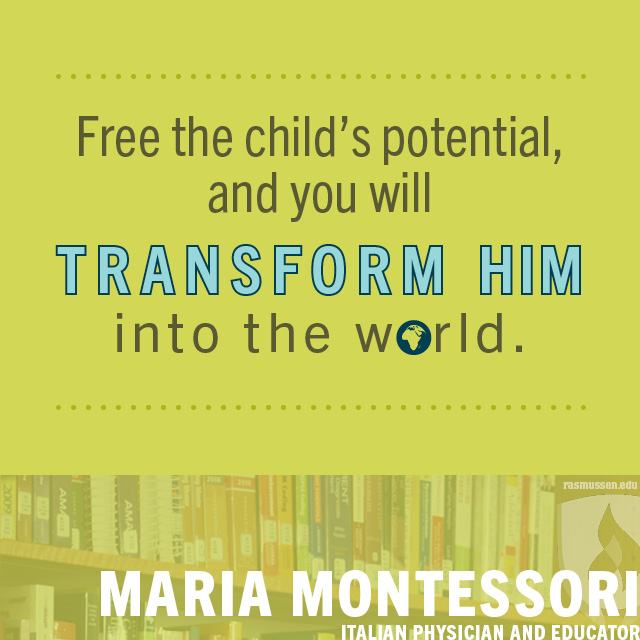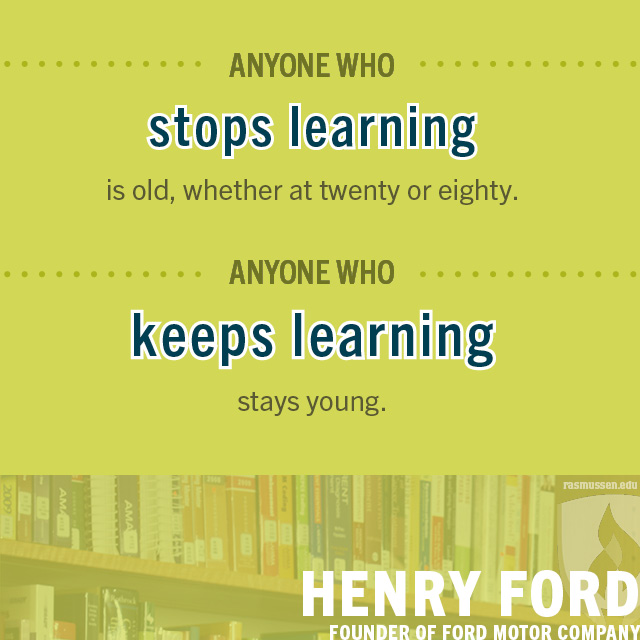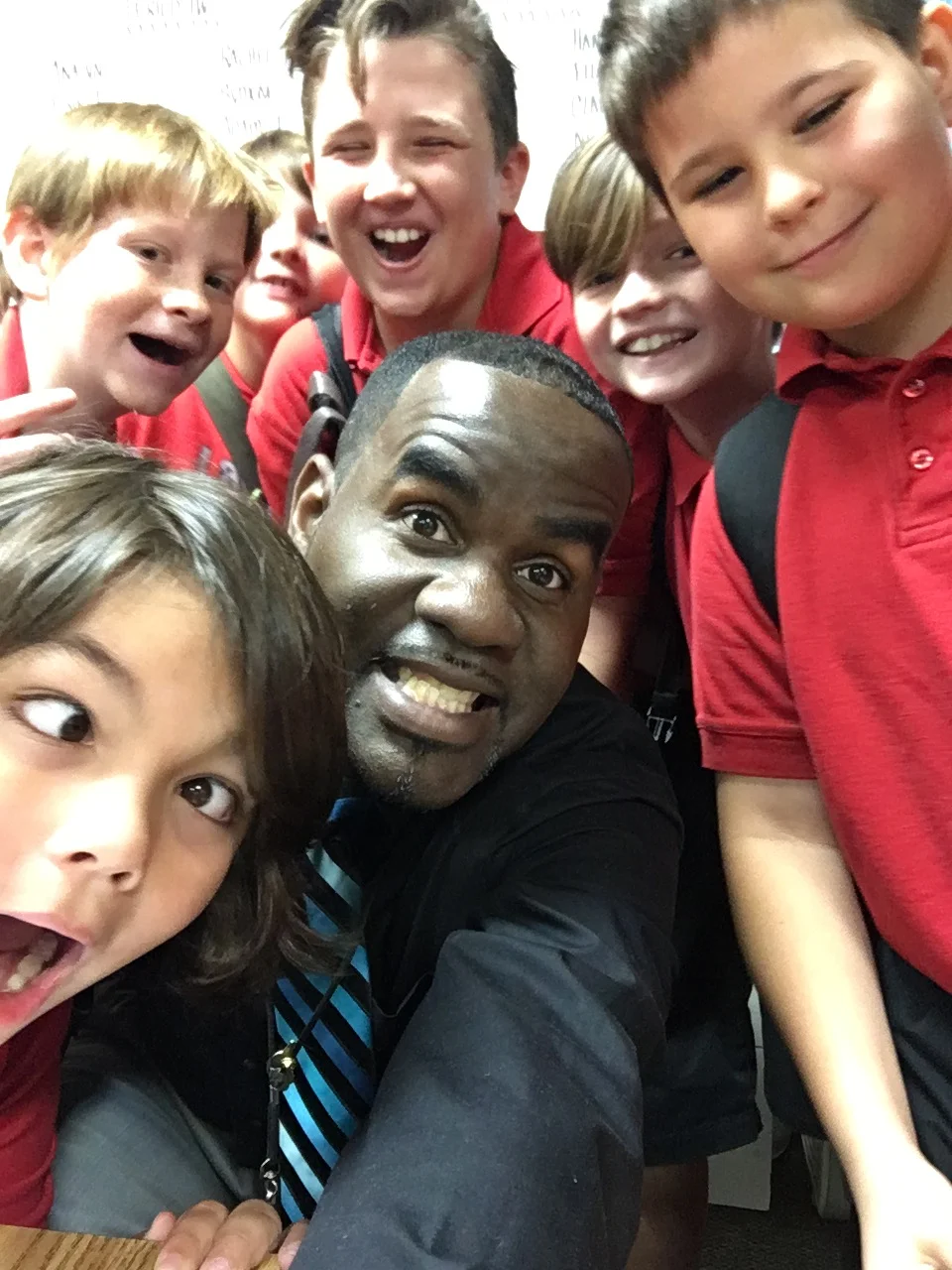What About the Children?
 Education is such that there are many stakeholders involved in the teaching and learning (from the students themselves to the powers that be who make decisions that may or may not be in the interest of the students) that transforms minds, encourages hearts and open the doors to opportunity. Education is the light that transcends and illuminates the dark places. Education is the fundamental idea that continues to be important to life...the knowledge and pursuit of happiness. We need to know, have experiences and grow. Students are the primary stakeholders, out of all that we do, we must consider them, because they are the sole beneficiaries of the tremendous work, professional development, and constant growth that we experience as educators. All too often however, students do not drive our decision-making practices.
Education is such that there are many stakeholders involved in the teaching and learning (from the students themselves to the powers that be who make decisions that may or may not be in the interest of the students) that transforms minds, encourages hearts and open the doors to opportunity. Education is the light that transcends and illuminates the dark places. Education is the fundamental idea that continues to be important to life...the knowledge and pursuit of happiness. We need to know, have experiences and grow. Students are the primary stakeholders, out of all that we do, we must consider them, because they are the sole beneficiaries of the tremendous work, professional development, and constant growth that we experience as educators. All too often however, students do not drive our decision-making practices.
If students are not considered when educational decisions are made, are we headed in the forward direction or have we taken steps backwards? That is the focal point of today's post. I believe that all too often, we make decisions that center on ourselves, the educators and the administrators and we think about the students as an afterthought. Our students should be our motivation to persist in accomplishing the task set before us.
People often say that motivation doesn’t last. Well, neither does bathing – that’s why we recommend it daily. ~Zig Ziglar
We have to consistently assess whether what we are doing is effective for the purposes of the children (students). I have asked several education professionals to indulge me by responding to the following statement,
"If decisions are not made with the students in mind..."
You will see several perspectives included in this post and I am grateful to all who responded/participated because I believe your professional opinions and viewpoints are integral to change and valuable to the educational community at large.
Kristin Harrington shares her professional opinions about educational decisions:
"If decisions are not made with students in mind, then schools will not continue to grow. Students essentially are our clients. They "test" our procedures, lessons, and help determine whether the decisions we make are effective. If we are not considering them, then why would we need to make changes, or reflect on our teaching or how our schools are managed. We should be considering what keeps students engaged, how they learn, their interests, their feelings. This what builds a cohesive school staff, and a successful school."
Justin Schleider answers this question:
"If decisions are not made with the students in mind..., there are other factors that are more important. School districts value test scores, funding, parent opinion, and ease all over what is best for students. For example, clear research is ignored showing how movement and free play is more important than math and science for the development of children. Research should not be 'cherry-picked' to suit needs. "
Tammy Neil is standing on the following words:
"If decisions are not made with the students in mind... then we shouldn't be surprised when the students do not MIND the decisions. If we don't keep them in mind, how do we expect them to follow through on those decisions that were made without them? Students should be in the forefront."
Makisha Rogers states:
"A lot of teachers at her school do make decisions with the student in mind. From providing worksheets, to creative ways of student assessment on multiplication for example. Lesson delivery and instruction still bears in mind student needs, however tends to reflect teacher comforts. She further says that:
If decisions are not made with the students in mind... you are resistant to change and you are being selfish and not thinking about what students need TODAY."
Dr. Dorian Roberts shares the following:
"If decisions are not made with the students in mind..., it leads to chaos and debacle. It also leads to a decrease in student achievement and student engagement."
Shervette Miller-Payton states the following:
"If decisions are not made with the students in mind... the school will probably suffer and not be productive or successful."
Dan Koch offers the following:
"If decisions are not made with the students in mind..., we basically condemn kids to being silent partners in this educational process." If we are going to make decisions at our educational institutions and we don't think about what kids need, how they will react to policies that we enact at school sites and how we assess them, and how they their day-do-day happens, it is this big round-table of adults that says we know best. In large part, these are adults that haven't been in a classroom or are so far-removed from being a kid that those decisions are not based on any kind of reality. It's this weird nebulous place that looks good on paper. It has to be put into practice so what is best for students is kept in mind."

Sarah Thomas contends that:
"If decisions are not made with the students in mind...then what are we really doing?"
Toutoule Ntoya says that:
"If decisions are not made with the students in mind..., then the decision doesn't matter." It doesn't matter and the decision has no impact. At the end of the day, it is all about the kids, whether its interaction with parents, the community or interaction with other teachers.
Clearly what we do in the education realm and how we do it is integral to achieving the right outcomes. I will end here with my own thoughts and that If decisions are made without the students in mind, we are in essence robbing them of their futures. We should definitely evaluate as educators, as schools, as administrators and as educational bodies whether what we are doing is in the students' best interest or ours. Much to think about. Until next time.

